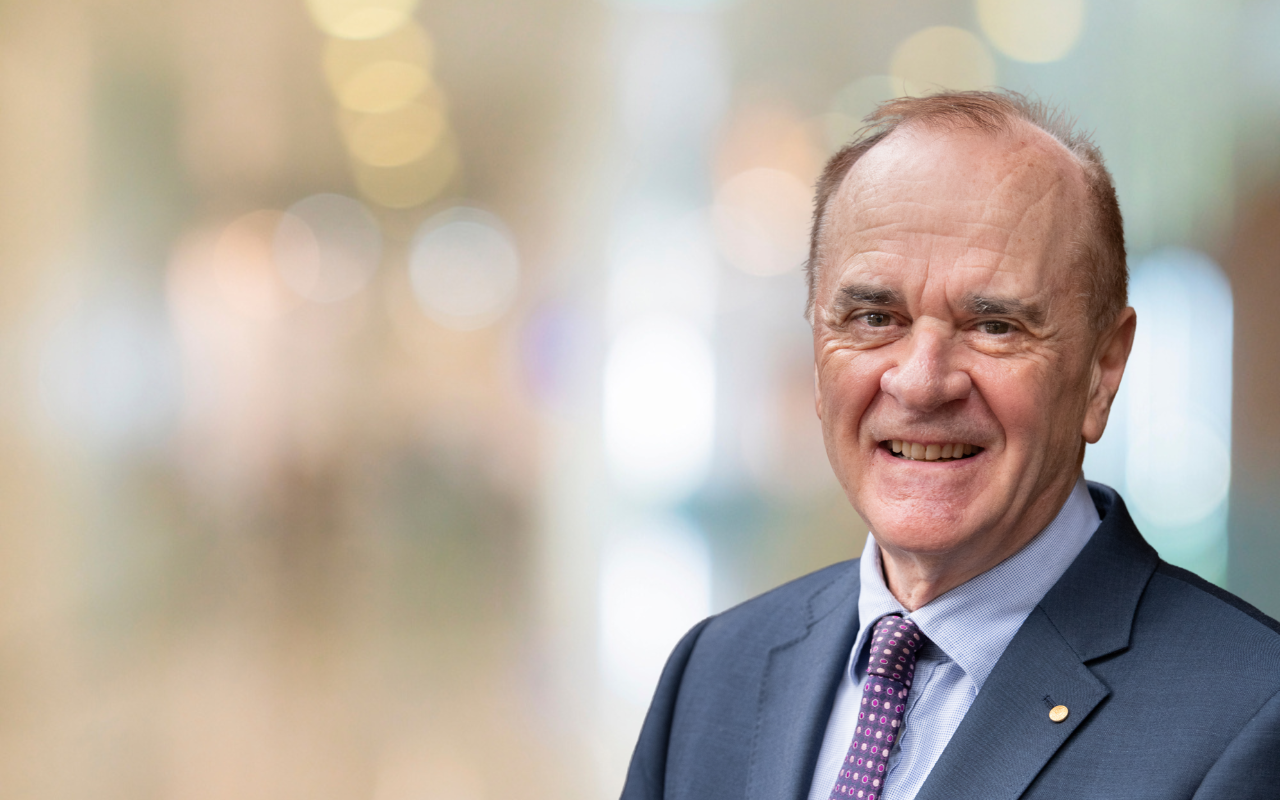The beauty of the Amazon basin will greet world leaders as they arrive in Belém, Brazil, for the 30th UN Climate Change Conference beginning on Monday.
Belém — often called the gateway to the Amazon rainforest — sits on the frontline of deforestation and climate disruption. It’s both a powerful symbol of our planet’s increasing fragility and a fitting location for global efforts to accelerate action on limiting global warming.
The Australian Medical Association will be watching the outcomes of COP30 closely. The disastrous health impacts of climate change are well known, and we must address this crisis without delay.
Heat-related deaths have surged since the 1990s, now claiming half-a-million lives each year, according to the latest Lancet Countdown on health and climate change report. That equates to about one heat-related death every minute. It is a terrifying thought — but it is the reality we face.
Just a few months ago, Australia’s inaugural National Climate Risk Assessment outlined the severe health consequences of climate change on our own shores. It found heat-related deaths could rise by 450 per cent in Sydney alone if global heating surpasses 3C.
Each year brings new global records for rising temperatures, and tragically, many lives are lost — particularly among vulnerable populations without access to cooling.
And it is not just heatwaves. Climate-driven disasters are unfolding around the world: floods, rising sea levels, tropical storms, wildfires, and droughts.
The Lismore floods remain a stark reminder of what climate disruption looks like in Australia. Beyond the immense damage to homes and livelihoods, the disaster also crippled the ability of GPs, pharmacists, and other health professionals to deliver care.
The health impacts of climate change extend far beyond what many realise. For example, higher temperatures alter rainfall patterns, creating hot and wet conditions in which mosquitoes thrive. Cases of dengue fever are rising globally, while Zika virus and leishmaniasis cases have also increased dramatically. In North Queensland, intense rainfall has fuelled outbreaks of the soil bacterium Melioidosis, which has killed more than 30 people and caused severe illness in more than 200 people this year alone.
I had the opportunity to discuss some of these health challenges at a joint webinar with Doctors for the Environment Australia on 5 November. I emphasised the importance of implementing Australia’s National Climate and Health Strategy, and urged leaders, governments, and corporations to ground discussions on net zero in evidence — not hysteria or profit margins. And if the conversation must turn to economics, it is worth noting many countries have shown investment in renewable energy is already cheaper than investment in new fossil fuel projects.
Yes, we must transition to net zero responsibly and ensure no community is left behind. But debates must be based on evidence and global best practice.
At the same time, we cannot ignore the social and economic inequalities that magnify climate change’s impacts. Vulnerable communities — often those with lower incomes, limited access to healthcare, and inadequate infrastructure — are disproportionately affected by climate-related events such as extreme heat, flooding, and crop failures.
Helping these communities and building resilience is essential. In Australia, this means listening to the lived experience of Aboriginal and Torres Strait Islander peoples, whose traditional ecological knowledge spans more than 65,000 years.
Winanga-li is a Gamilaraay word meaning “to hear, to listen, to know, and to remember”. It is a phrase of deep significance as we navigate this era of climate consequences.
At COP30 in Belém, the impacts of climate change on Indigenous populations in Brazil — and around the world — will be in sharp focus.
UN Secretary-General António Guterres emphasised the importance of Indigenous voices at COP30, stating: “It is fundamental to invest in those who are the best guardians of nature. And the best guardians of nature are precisely the Indigenous communities.”
Australia has an opportunity to lead by example. By fully implementing its National Climate and Health Strategy, investing in clean energy, and listening to communities on the frontlines — including Indigenous peoples — we can build a more resilient, healthier future for all. The Amazon may be the backdrop for this year’s climate summit, but the consequences of inaction will be felt everywhere.
Associate Professor Julian Rait is a specialist Ophthalmologist and current Vice President of the Australian Medical Association.
The statements or opinions expressed in this article reflect the views of the authors and do not necessarily represent the official policy of the AMA, the MJA or InSight+ unless so stated.
Subscribe to the free InSight+ weekly newsletter here. It is available to all readers, not just registered medical practitioners.
If you would like to submit an article for consideration, send a Word version to mjainsight-editor@ampco.com.au.

 more_vert
more_vert
Perhaps there should be an olympic style competition for reaching net zero as it appears there is not enough kudos for doing well in the race to reach it.
Competition could be at a multitude of levels of government, business, community groups etc. as it is with sports. Australians love going for gold or seeing their representatives achieving at top levels.
Not to forget hospitals, both public and private. Locally I have the distinct impression that government hospitals are doing better than the private one.